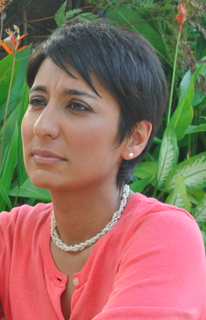A Quote by Malcolm Gladwell
What happens when two people talk? That is really the basic question here, because, that's the basic context in which all persuasion takes place.
Related Quotes
Basic would never have surfaced because there was always a language better than Basic for that purpose. That language was Joss, which predated Basic and was beautiful. But Basic happened to be on a GE timesharing system that was done by Dartmouth, and when GE decided to franchise that, it started spreading Basic around just because it was there, not because it had any intrinsic merits whatsoever.
More fundamental than religion is our basic human spirituality. We have a basic human disposition towards love, kindness and affection, irrespective of whether we have a religious framework or not. When we nurture this most basic human resource - when we set about cultivating those basic inner values which we all appreciate in others, then we start to live spiritually.
What are we going to get out of life? This can understandably be a question of fundamental importance to us. We begin with certain basic needs and desires. It is important to have a comfortable home, plenty of food, a meaningful and well-paying job, comfort, companionship, and joy. However, many of us have not fully realized a simple, basic principle: for our receiving to take place, we must first give. Giving and receiving are two aspects of the same law of life.
I'm asking Muslims in the West a very basic question: Will we remain spiritually infantile, caving to cultural pressures to clam up and conform, or will we mature into full-fledged citizens, defending the very pluralism that allows us to be in this part of the world in the first place? My question for non-Muslims is equally basic: Will you succumb to the intimidation of being called "racists," or will you finally challenge us Muslims to take responsibility for our role in what ails Islam?
It only takes about 50 contact hours to transmit basic literacy and math skills well enough that kids can be self-teachers from then on. The cry for 'basic skills' practice is a smokescreen behind which schools pre-empt the time of children for twelve years and teach them the six lessons I've just taught you.
When I was giving a lecture in India, the capabilities that I have to be concerned with there, namely the ability of people to go to a school, to be literate, to be able to have a basic health care everywhere, to be able to seek some kind of medical response to one's ailment; these become central issues in the Indian context which they're not in the UK, because you're well beyond that.



































